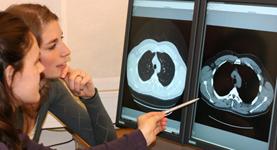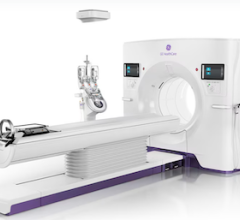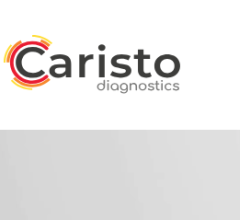
April 27, 2009 - Recent studies from Massachusetts General Hospital show radiation during CT scans can be reduced when using an image enhancing technology developed by SharpView.
The studies show a relative dose reduction of up to 75 percent with preserved or even enhanced image quality. This results in safer scanning by allowing lower radiation doses to be used.
CT Scans are often the best way to find anatomical changes in the body, which has led to a steady increase of its use throughout the world. The downside of CT examinations is that high radiation is needed to receive good image quality. CT radiation dose can increase the risk of developing radiation-induced cancer. New research shows that doses can be dramatically lowered when using software from SharpView. The technology is based on mathematical algorithms that filter out noise, making imaging with lower radiation possible.
“We found that these filters can help reduce CT radiation dose for kidney assessment by as much as 75 percent and by at least 50 percent in abdominal examinations,” said Mannudeep Kalra, M.D., radiologist at Massachusetts General Hospital. “The software preserves sharpness, reduces noise and most importantly, reduces CT radiation dosage. This is an effective algorithm that we have evaluated. We believe it is possible to decrease radiation dosage even further in the future.”
Dr. Sarabjeet Singh, the primary author and study co-investigator, will present findings at the annual ARRS (American Roentgen Ray Society) Congress on Monday, April 27 and Wednesday, April 29 in Boston, MA.
For more information: www.arrs.org, www.sharpview.com


 February 02, 2026
February 02, 2026 









